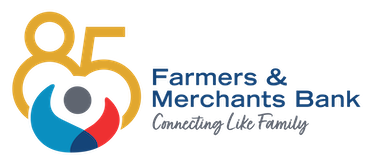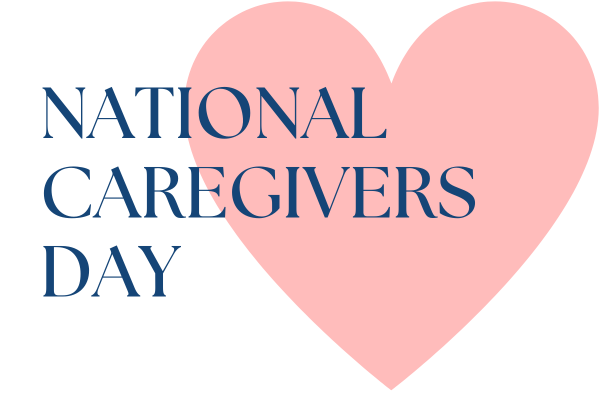
The Blog
Repayment Restart Triggers Scammers.
Scams
Dec. 15, 2021

As part of the Coronavirus emergency relief program, student loan repayments were put on pause. Starting January 31, 2022 repayment options will start up again and scammers know it–looking for any opportunity to cause confusion and take advantage of it.
Scammers typcially take a 4-way approach–call, email, text or message on social media about your federal loan. Here’s what you should know:
- Upfront fees are a no. It’s illegal for companies to charge you a fee before a service is provided. If scammers try to bait you with a reduced payment or payment elimination–and you bite–not only will you be out the help, but you’ll be out the money.
- Keep your Federal Student Loan Aid ID to yourself. If you share this, a social security number, or other personal information with the person who contacts you, the scammer can log into your account, change information, and divert payments to themselves.
- Quick loan forgiveness is too good to be true. Scammers might make promises of eliminating debt before they even know any details of your situation. Scammers often promise a loan forgiveness program that most don’t qualify for. Some even promise to wiping our your loans all together by disputing them–which they can’t.
- Don’t fall for the fake logos and seals. Scammers promise special forgiveness programs, consolidation opportunities, or access to repayment plans–and back it with a seal or logo. It’s a lie. If you have federal loans, go to the Department of Education directly at StudentAid.gov and talk through the best prepayment plan for your current situation.
Help deter student loan scams by reporting them at ReportFraud.ftc.gov.





